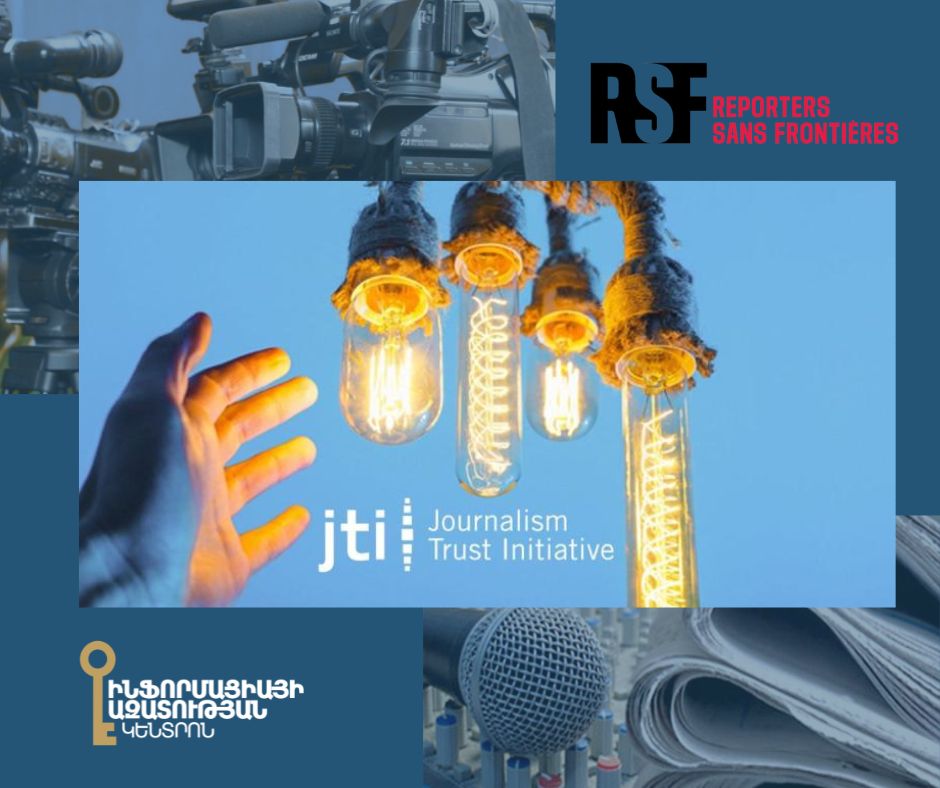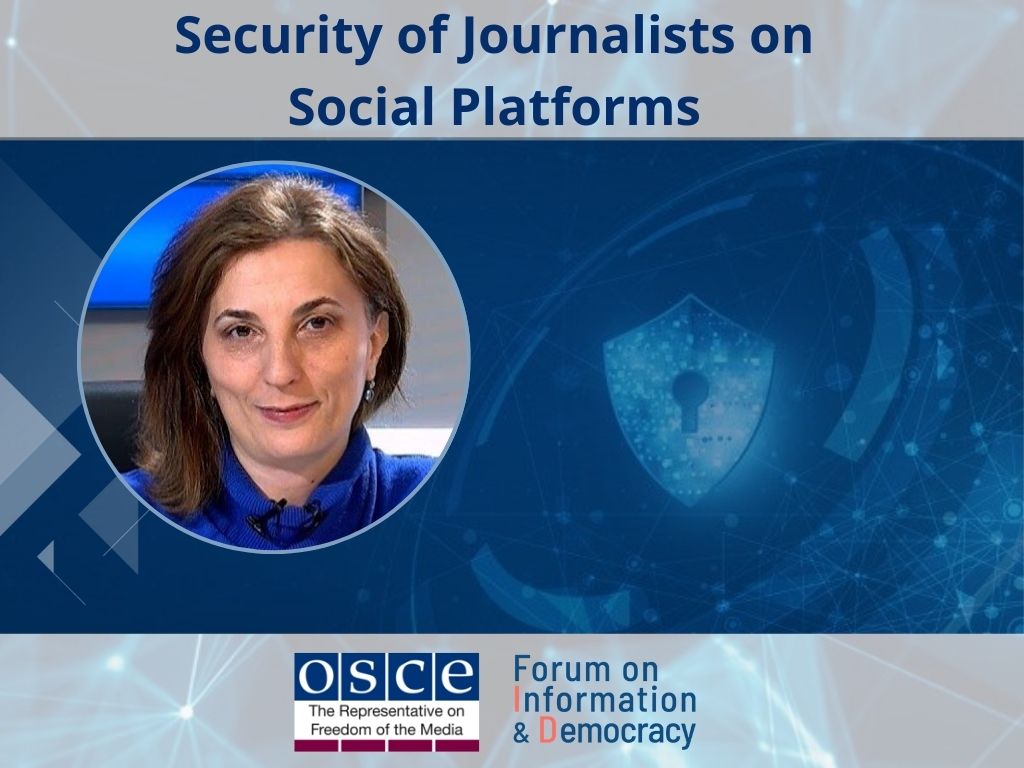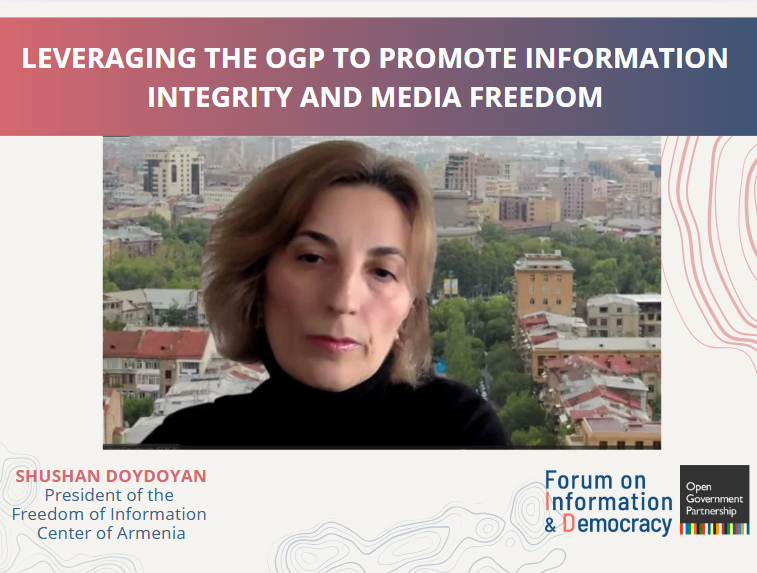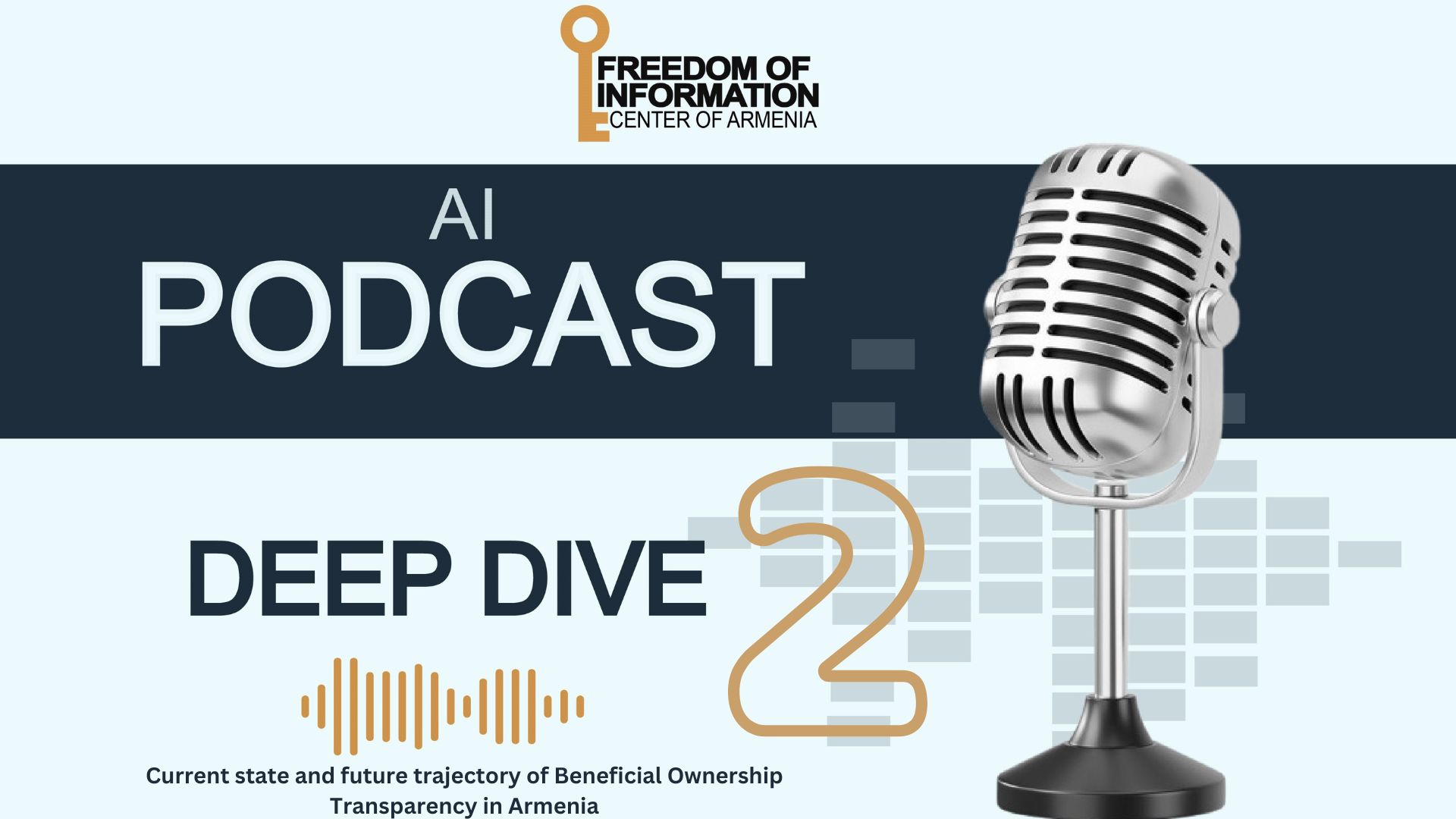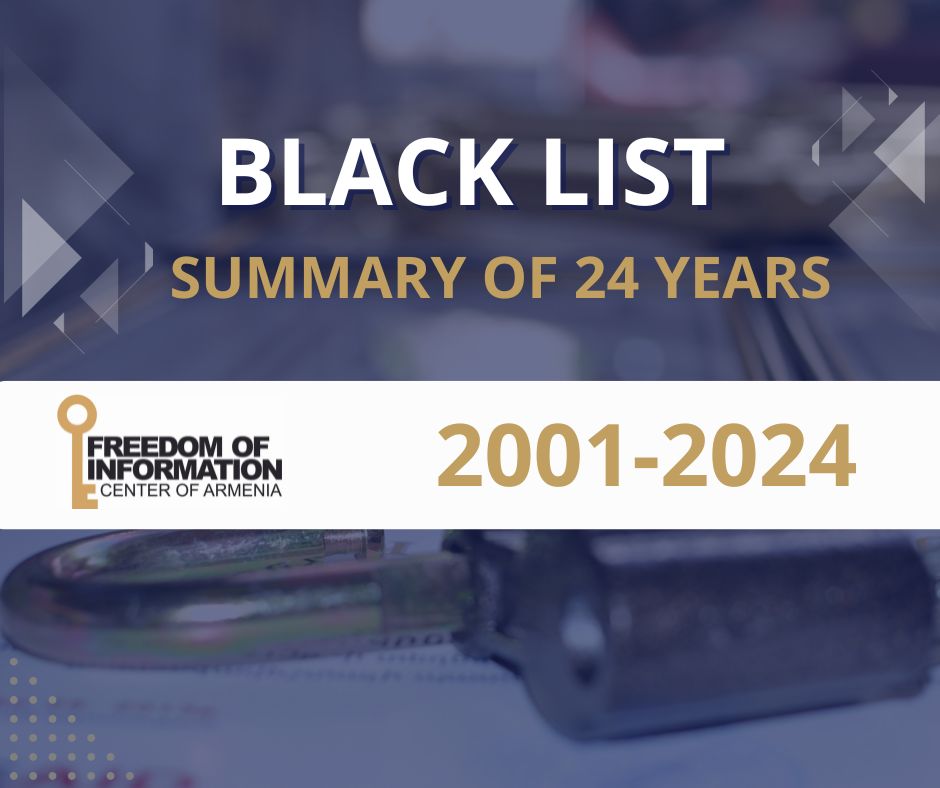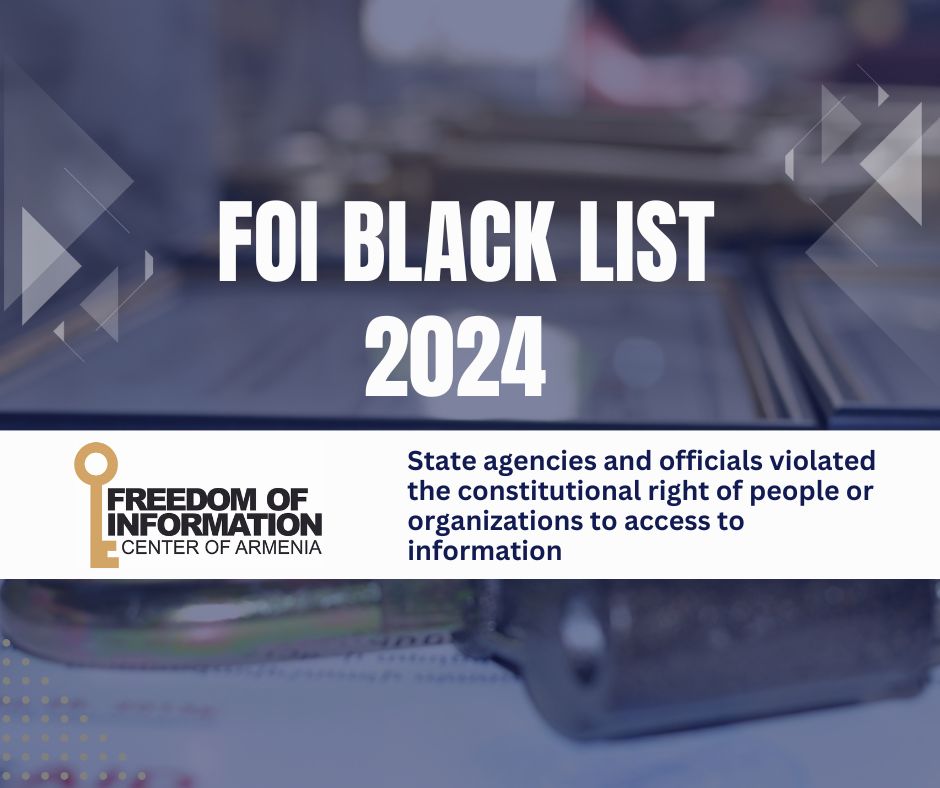Took place the journalists-ARM prosecutor’s office staff dialogue, which was organized by the Freedom of Information Center of Armenia on 23-24 October, 2010 in Aghveran. Both the journalists and the prosecutors very satisfied with the working discussions, because according to the participants, the two-day discussions were “very effective for both sides”.
Armen Ashrafyan, Head of the Anti-Corruption and Organized Crime Department of the ARM Prosecutor General’s Office, underlined than “journalists should be provided with information that is subject to publication. For example, the number of witnesses questioned, whether people were arrested, etc.” However, correspondent from “Aravot” (“Morning”) daily Ruzan Minasyan stated, that sometimes investigating officers evade providing even such information that is subject to publication. For example, the journalist might ask whether someone was arrested, and not receive an answer. Press Secretary of the ARM Prosecutor General Sona Truzyan underlined the importance of publications. At the same time she was worried, because “sometimes journalists, for the sake of sensation, exaggerate the information received from the prosecutor’s office, separating it from the reality”. Sona Truzyan spoke about the freedoms of information and expression, and the protection of human reputation, honor and dignity. Meanwhile, FOICA expert Gevorg Hayrapetyan clarified for those present the subject of “Freedom of Information as a Tool”, and Armen Ashrafyan, Head of the Anti-Corruption and Organized Crime Department of the ARM Prosecutor General’s Office, presented the topic of “Freedom of Information and Decreasing Corruption Risks, Protection of the Human Constitutional Rights”. During the meeting they also discussed matters like insult, slander and right to refute.
As a result of the discussions the participants came to the conclusion that there is also a need for such a meeting in the format of prosecutors-heads of media outlets, because it is the editors who worship sensations.
The working discussion was organized by the financial support of the USAID in the framework of the “Freedom of Information as Means for Communal Participations” program.

